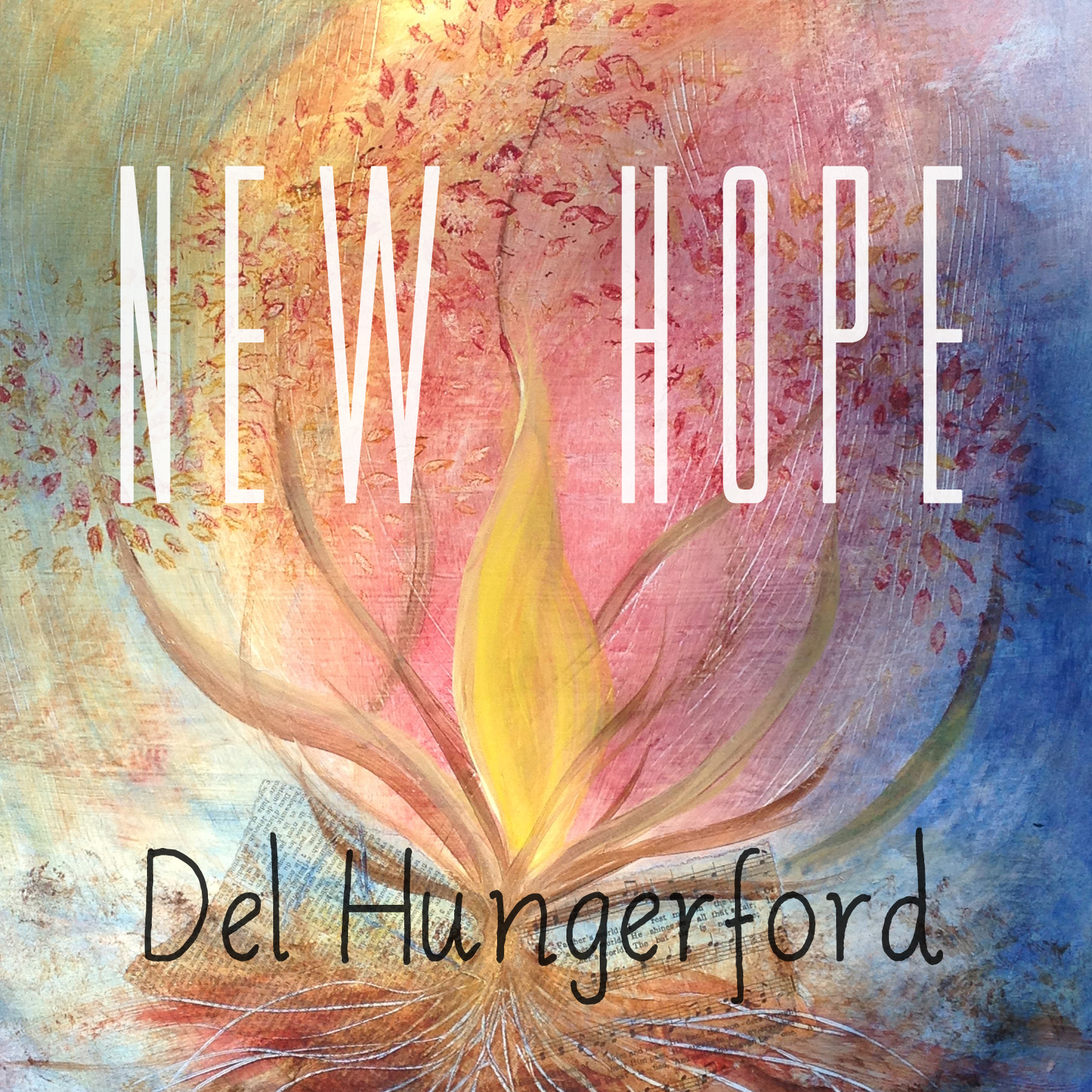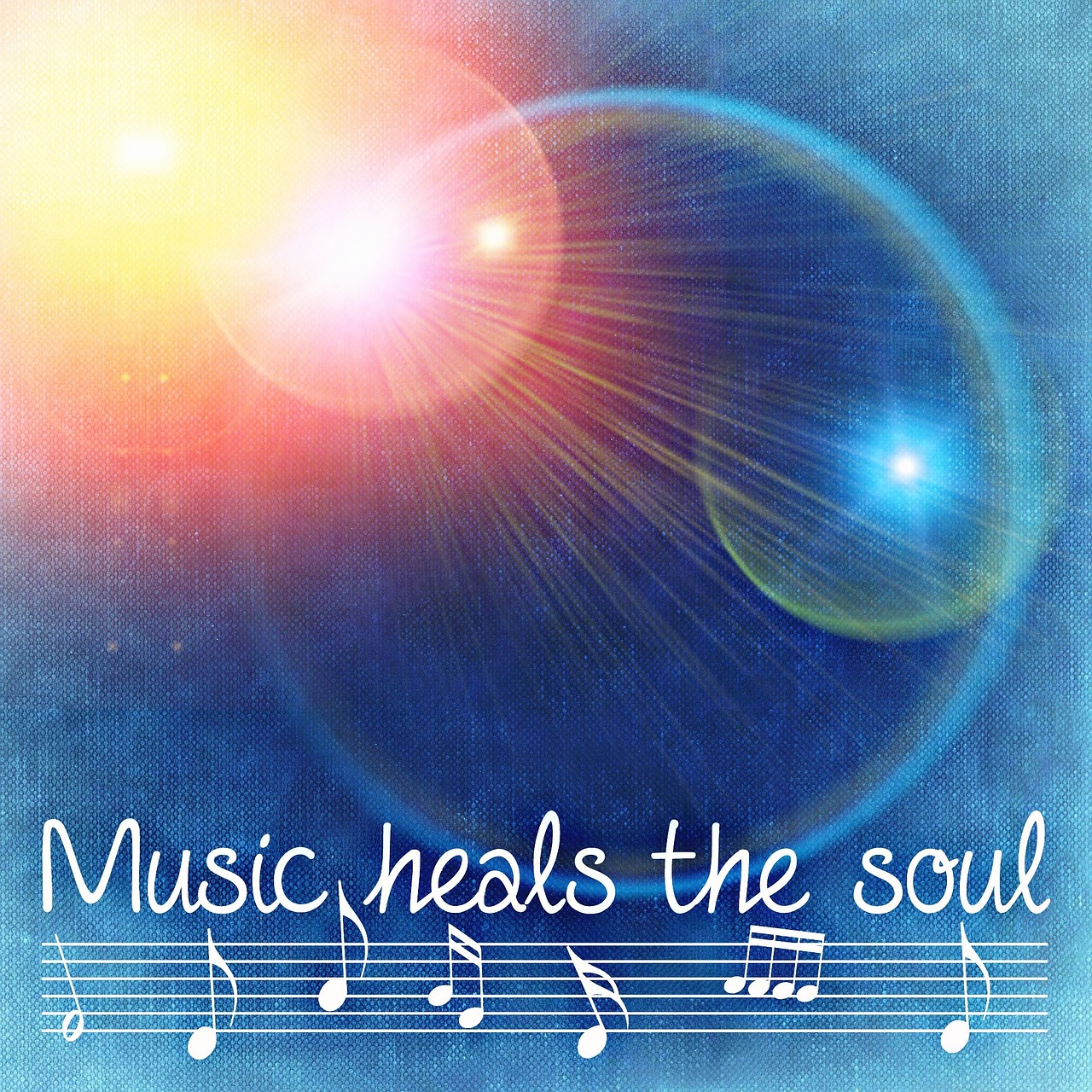During the Holistic Wellness Weekend, I gave a presentation on how to choose healing music. This question is asked frequently so I decided it was time to go a bit deeper into healing music and how to choose music that works with a personalized "wholeness" process. Please be sure to watch the accompanying video below where I demonstrate what is explained in this article. If you're interested in purchasing the 17 teachings from the Holistic Wellness Weekend, CLICK HERE.
In the video to the left, I provide examples of how healing music works on an individual basis. Life experiences, music you like, music that elicits positive emotions, and your desire all play a part of what specific healing music will work for you. No two people are alike so how is it possible that the same healing music will work exactly the same for every person? Yes, there are some consistencies but most of that has to do with intent. Knowing the intention of the music plays a huge role in how you'll respond to it. You can set the intention, too.
Here is a list of the key points from the video.
- Healing music is an emotional listening experience that's determined by the listener. No one should be telling you WHAT healing music to listen to because no two people are alike. What works for them may not work for you because your life experiences are different.
- Choose music that elicits a positive emotional response in a desired area of your life.
- Intention is HUGE in choosing healing music. Lyrics are a key factor in determining intention. For instrumental music, pay attention to your emotions. If the music feels good to you, then listen to it!
- Pair your intention with that of the composer to bring about a desired result, especially if there are no lyrics to the music. Since lyrics set the intention of the composer, if you don't like the words, change them to fit your needs! There are instrumental versions for some of your favorite vocal music.
- Sometimes people go through a healing crisis where music that's intended to be good for you doesn't feel so good. Why is that? It's because your system may not be ready for that deeper level of healing at that moment. This is why a song may feel good one day and not the next.
In point #1, I mention that music is an emotional experience. In fact, music is used for healing brain injuries. It's generally not specific music, unless a speech therapist is working with patients who've lost the ability to speak. Most healing music is chosen by the patient because it has to be important for the individual.
In point #2, it's important to feel emotions within the music. Choose music that works with the desired intent. Pair your intent with the desired emotion as you listen to the music. If there are negative emotions, choose different music. BUT... because you may have a negative reaction, that doesn't mean it's bad music. It only means that on a specific day at a specific time, your being doesn't want it. Do keep this in mind!

In point #3, note that lyrics determine intent in vocal music. In the examples on the video, I play two pieces of music with different lyrics that brought about varying responses when I played them at the Holistic Wellness Weekend in August of 2023. I chose songs people knew and could relate to. Their reactions to the two songs were based on personal experiences. Not to be overly dramatic here but, if you're married, think about that first date and what music was playing in the room. People will often associate a specific song to a situation in their life, such as a first date. Music without lyrics is based on your emotional response to the music along with the song title, which often points towards an intent. The key point here is that when you want to know the intent of music, read the lyrics. For instrumental music, listen and choose with your intuition.
In point #4, composers set intention for the music. If the song has lyrics, you know the intent. Music without lyrics, start with the title. If the title doesn't give you any clues, listen with your intuition. If it feels good (love, joy, peace, comfort, etc.), then it may be what you need for that moment. In the video, I play a piece of instrumental music by the composer, Frantisek Krommer. It's a concerto written for clarinet and orchestra. I only played the first few bars of the orchestral introduction. Because I was sure most people wouldn't recognize this piece of music (unless you're a clarinetist), it was a safe bet that a "test" of the emotional senses with an unkown work would be helpful for this lesson.
Because we judge everything based on life experiences, this includes the genres of music we choose. There are some genres of music I do not enjoy so when I hear songs from those genres, I typically "close off" to the music. Why is this? For me, it has a lot to do with lyrics. Certain genres tend to have lyrics that are filled with ugliness. Previous experience has framed my view of certain genres so when it comes to listening to songs in these genres with decent lyrics, why do I NOT open myself up to it? I've judged this music based on previous experiences. The same will be for you with music you typically don't enjoy. Most times, a negative musical reaction is associated with an event or in some cases, the music is new to you.
The other factor for my dislike of certain music is solely musical. Some people are not good singers even though they record music. Not all recording artists are good musicians. If the singing is out of tune, I can't listen to the music. Keep this in mind as you choose healing music because out-of-tune singing may affect you but you don't even know it! Something about the music will seem off to you but you can't quite put your finger on it. This creates a negative response and you can't figure out why. In a sense, there could be many factors why you don't like certain artists or genres of music. The intent of a specific artist can also affect your reaction to music because of his/her intent. The long and short of it? Many factors are involved in why certain music affects you in differing ways. Let your conscience and gut feelings determine what you need for that day, at that moment. Listen until your being (spirit, soul, and body) is ready for something new.
In point #5, I discuss a healing crisis to music. Yes, this is a thing! I've seen it in action and at first, I couldn't figure it out. As an example, I was a vendor at a conference and a woman had a booth next to me. She'd lost her husband only a week prior to the event but came anyway. After a while, I heard from the organizer of the event that I needed to turn the music down in my booth because it was causing this woman a lot of anguish. At first, I couldn't understand why my "healing music" could affect her negatively. After recognizing her response was a "trigger" of trauma, I spoke with her and suggested the death of her husband probably contributed to her negative emotions to what I was playing in the booth. I gave her the album New Hope and explained that it was created for people who are going through trauma. She was relieved when she realized that she wasn't the problem and could fully understand that she was simply in a place where she needed very calming music. Certain sounds can trigger negative responses in people when they're in crisis mode. Therefore, even healing music can cause issues for people!

Music heals the soul. When choosing music for a personal healing journey, you'll decide based on what makes your entire being resonate with joy, peace, love, comfort, calmness, or whatever positive emotion you desire. It's OK to listen to sad music but if it begins to bring out negative emotions, then it's probably time to change the music. When negativity invades our thought life, it feeds on more negativity which creates a spiraling out of control effect. To get out of this pattern, the best course of action is to start with music that brings you to a place of peace. While listening, breathe deeply and focus on breathing out the negative emotion. Breathe in the positive emotion. Do this for several minutes or until a positive "emotional position" overrides the negative. Bathe yourself in the positive emotions. Let all the goodness infuse your entire being. Repeat often!
Additional Thoughts and Conclusion
There is a lot of information about specific healing frequencies (musical notes = Hz pitches). Most of what is called "healing frequencies" are in an inaudible hearing range. We see this through ultrasound and a variety of other techniques. Even the Rife frequencies are way beyond the human hearing range. However, our body "hears" every frequency. We can bring those frequencies down several octaves so we can hear them with our physical ears. At that point, we're not only feeling the music but audibly hearing it.
There are many in "internet land" who say certain frequencies are more healing than others. Somehow, there's a bit of fear put into the atmosphere about the A=440 concert pitch and our modern tuning system because someone said to someone... who said to someone else... who then passed it along again... that certain frequencies are bad for us. As discussed in the last blog post, music history can disprove these negatively positioned theories. If someone intends that certain frequencies are harmful, there's a sense of fear that directs an unhealthy response. Until that fear is replaced with a positive emotion, then a negative belief system will stay in place. I can't stress enough that intent is the driving force behind how healing music functions. If you DESIRE that something is healing, then it will be because your itent drives the vehicle. On the other hand, fear can drive the same vehicle but the destinations of the two emotional driving factors are very different. One leads to "dis-ease" while the other leads to a sense of freedom, peace, joy, love, and emotions that allow the spirit, soul, and body to walk in wholeness. It's your decision what drives that vehicle.
The key point here? Adjust the emotions for positive results. Even during the bad times, we can choose to see the glass as half full rather than half empty. We can choose music based on both positive and negative emotions. For healing music, it's best to choose music that brings about a good emotional state from deep within your heart. We become what we think about and focus on. In a sense, if we want to live a good life, then choose things that help bring the best out of life, despite what's going on in the world around us. Life is good so go out and live it with that intention in mind!
Del Hungerford, October 2023

